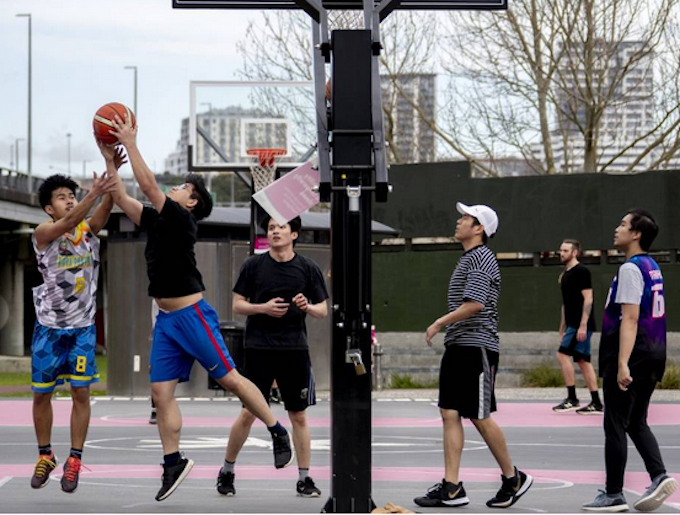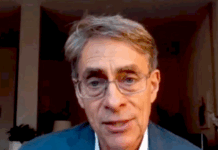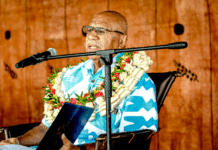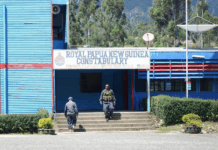
COMMENT: By Camille Nakhid
How racially prejudiced is Aotearoa New Zealand? Well, we saw just how racially prejudiced it is a weekend ago when a Stuff reporter showed us pictures of the breaches of alert level 3 at the skate park and basketball court in Victoria Park.
In one photo, there was a group of young Pakeha males, in the other, there was a group of young Asian males playing basketball.
The reporter also mentioned an Auckland councilor who was “gutted” at the numbers of skate boarders in a park on the North Shore and lamented that the skaters and basketballers had removed the yellow caution tapes that ran around the areas.
During my walk in my West Auckland neigbourhood and around our playgrounds during the same time, and again the next day, there was no one on the playground and not anyone I could see in the skate parks.
My friend who lives in South Auckland said the playgrounds in her area were also empty.
When New Zealand was hit by that first wave of covid-19, there were few Māori and Pasifika peoples who had contracted the disease. Yet almost everyone went into lockdown.
Almost everyone. Māori and Pasifika were nowhere near as affected as Pakeha, yet they understood what community and community transmission meant and went into lockdown, for the sake of Aoteaora.
Disproportionate impact
Now this second wave has disproportionately affected some Pasifika communities in South Auckland. Yet to those on the North Shore and in Ponsonby, they could not give a damn.
To them, people (in South Auckland) are not their people. That community is not their community.
Gutted to see this again. People keep taking the caution tape and signs off our CLOSED playgrounds and skateparks. 400 people have died in Melbourne from their second outbreak. 2000 healthcare workers have Covid in Melbourne. pic.twitter.com/ZPKZPjxtWZ
— Richard Hills (@richardhills777) August 23, 2020
They will flout the lockdown rules because this time it is not their people or community impacted on. South and West Auckland have significant numbers of Pasifika, Māori and ethnic communities.
We understand the concept of community. When one falls, we gather to lift them up.
David Farrier wrote about how easy it is for a rumour to travel. He spoke to the young professional who was the cause of the vile rumour against a Pasifika family in South Auckland and who had erroneously and cruelly linked the family to the cause of the second outbreak.
But Farrier was gentle with this person, almost apologising to him for having to interview him about his “misdemeanour”. Would he have been so sympathetic had the transgressor been a person of colour?
It is time that Prime Minister Jacinda Ardern and the government start implementing alert levels to put the country in lockdown due to the ongoing racism and racial prejudice pandemic.
If Ardern can take bold steps to eliminate the virus, even putting the economy into hibernation for the sake of the country’s wellbeing, surely she can do the same for the sake of the country’s humanity.
As for those unempathetic, racially prejudiced dullards in Ponsonby and the North Shore, go to South Auckland and learn what community means.














































